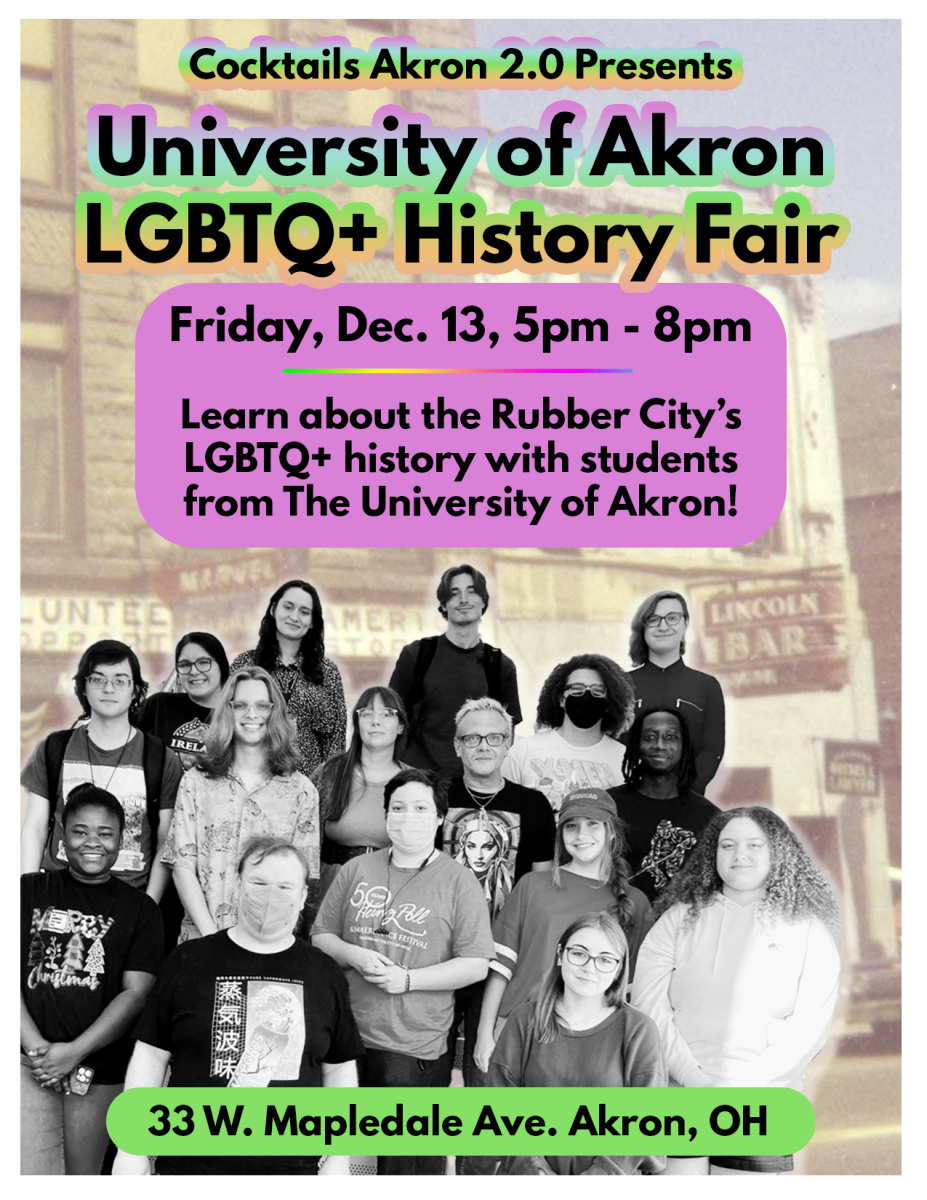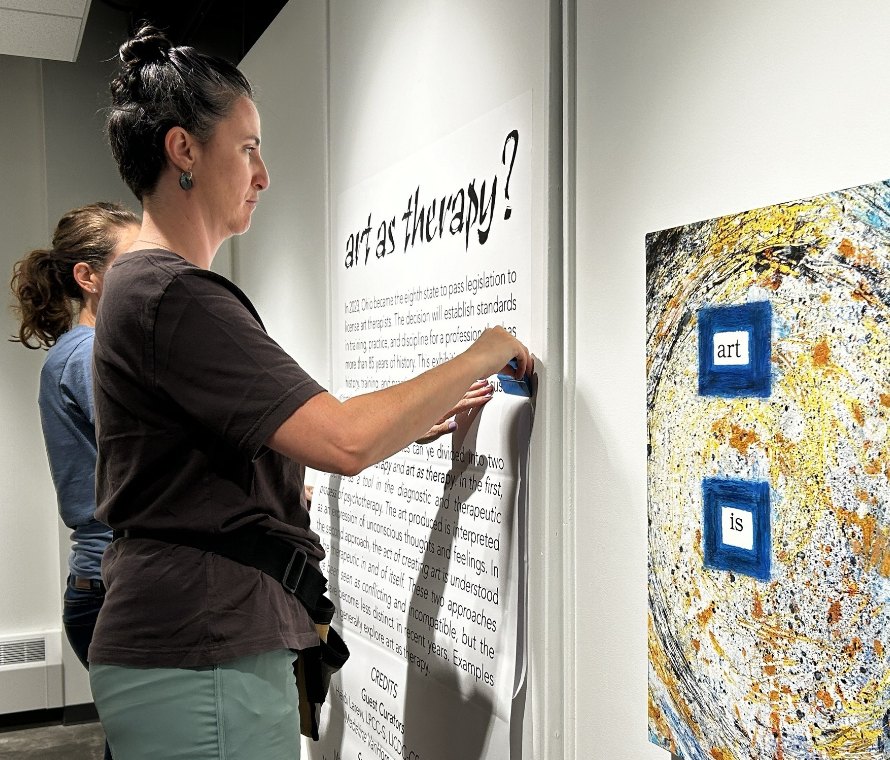The University of Akron is currently home to three Japanese students, two of which appeared on Channel 3 News last week to discuss how recent events are affecting their families back home in Japan.
Nozomi Kiuchi spoke about her parents’ concern over radiation exposure from the compromised Fukushima Dai-ichi nuclear power plant. She explained that they have already purchased masks to cover their faces as a barrier.
This echoes the concerns heard by Catherine Kenngott, History and Modern Languages senior lecturer, who has several friends currently living in Japan. Kenngott lived in Japan from 1984-1987 and has been teaching World Civilization: Japan for 23 years at The University of Akron. Friends have mentioned a mild panic caused by the fear of radiation. Kenngott explained that this fear is compounded by foreign countries pulling their people out and discouraging travel as well as ambiguous information being given to the Japanese people.
As someone who feels homesick for the life and culture in Japan, Kenngott does not marvel at the cooperation of the Japanese people in the face of such circumstances because she intrinsically knows that is just the kind of people they are. She explained that they are an admirable, homogenous nation with a group consciousness that fosters cooperation.
Kenngott spoke about how in Japanese culture, the individual divides into a private and a public self. The private self, Honne, is a person’s true feelings and desires that are shared amongst close friends and family. The public self, Tatemae, is the behavior that is displayed in public and adheres to society’s expectations of their position and circumstances. This division does not lend itself to the public outbursts of emotion that we typically see in the United States and other countries, but rather lends itself to a group focus on setting emotions aside in public and working toward a common goal – which is desperately needed with the amount of work to be done in Japan at this stage.
Gregory Moore, Ph.D., History Department senior lecturer, has been at The University of Akron for over 30 years teaching World Civilization: Japan and China. Dr. Moore believes Japan will recover quite successfully, as they have a history of transforming their society. He explained that the western world arrived in Japan in 1900 and within a century, Japan transformed from a feudal society into a modern western-style society. He went on to explain that Japan recovered from serious levels of devastation during WWII caused by raids and the atomic bombs dropped on Hiroshima and Nagasaki in 1945.
The question is not whether or not Japan will recover; the question is how long recovery will take. While both Kenngott and Moore agree the government and people are more than capable of recovering, it will take extensive time and money to do so.
“
” #1.2121459:3944481411.jpg:Japanese Tragedy:The tragedy in Japan has affected many, and has even hit home in the lives of some from the University of Akron:Illustrated by Mahala J Bloom”





